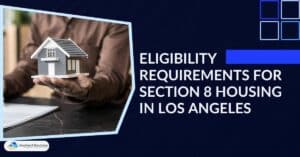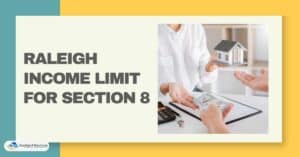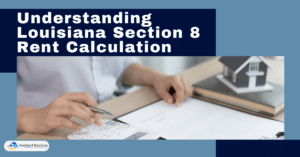Landlords in NYC may refuse to accept Section 8 housing vouchers due to administrative burdens, including extra paperwork and compliance with specific requirements. The more extensive screening process for Section 8 applicants may also be viewed as an inconvenience.
In this blog, we will explore how Section 8 Housing Vouchers are helping to address the city’s homeless crisis, the impact of landlord refusal to participate in the program, and the importance of finding solutions to ensure equal access to housing for all residents of NYC.
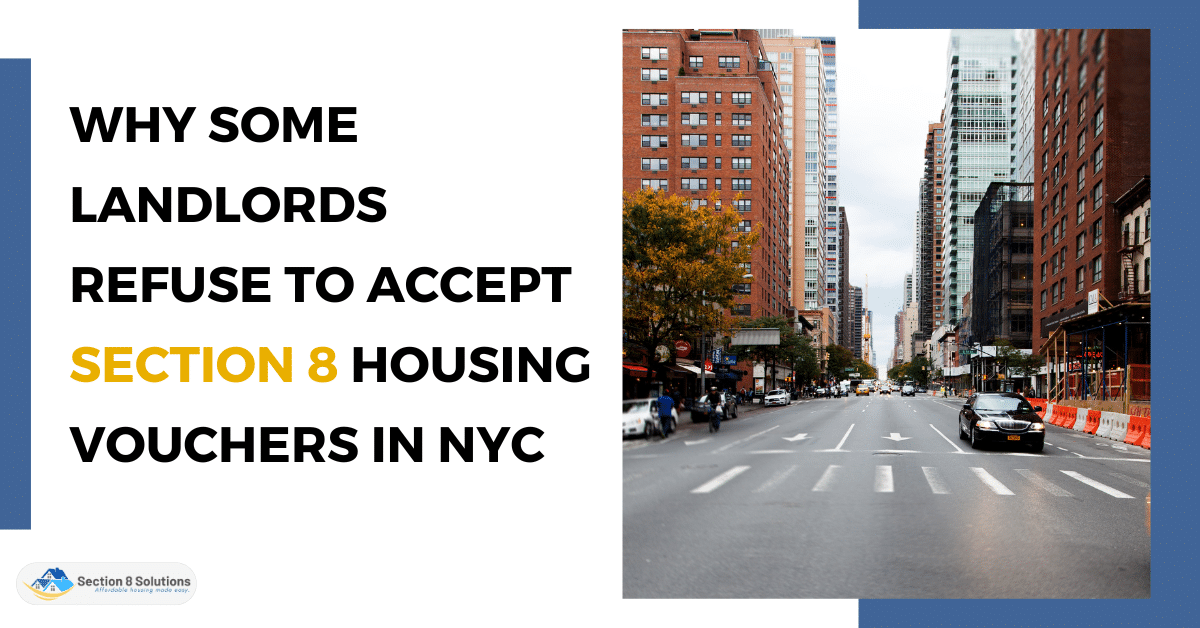
Reasons for Refusal
Despite the benefits of Section 8 Housing Vouchers, some landlords refuse to accept them in New York City, creating additional barriers for low-income individuals and families in need of affordable housing. One of the primary reasons for this refusal is the lack of understanding about the program and its benefits. In this section, we will explore the key reasons why some landlords refuse to accept Section 8 vouchers and their impact.
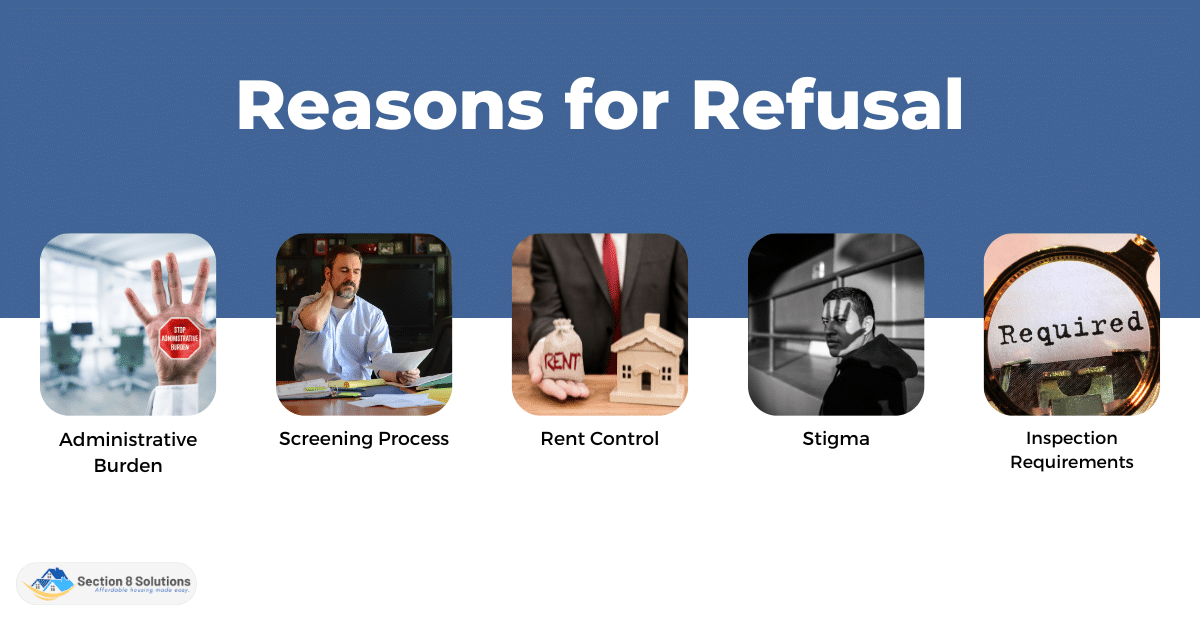
1. Administrative Burden
Landlords who accept Section 8 vouchers must comply with a set of rules and regulations outlined by the government, which can create additional administrative work. For example, landlords must pass an initial inspection of the property to ensure it meets the Housing Quality Standards (HQS) set by the program. Landlords must also renew their lease agreements with the program annually and may need to complete additional paperwork or reporting requirements throughout the year.
Moreover, there can be delays in receiving payment from the government, which can create cash flow issues for landlords. In some cases, landlords may have to wait for several weeks or even months to receive rental payments from the government, which can create financial strain and uncertainty.
Additionally, some landlords may be concerned about the potential for program changes or funding cuts, which could impact their ability to receive payment or participate in the program in the future. This uncertainty can create risk for landlords, particularly those who depend on rental income to maintain their properties or make a living.

2. Screening Process
Additionally, the screening process for Section 8 tenants may be more time-consuming and complex than the screening process for non-Section 8 tenants. For example, landlords may need to submit paperwork to the local housing authority, attend a mandatory briefing, and complete other requirements. This can create additional administrative work for landlords, especially those who manage multiple properties or have limited staff resources.
Furthermore, landlords may also be concerned about the potential for inspections and audits by government agencies. Section 8 properties are subject to regular inspections to ensure that they meet minimum housing quality standards, which can be seen as an additional burden for landlords.
Finally, some landlords may simply not want to participate in the Section 8 program for personal reasons, such as concerns about government regulations or a preference for renting to non-Section 8 tenants.
Overall, the administrative burden and requirements associated with Section 8 can be a significant deterrent for some landlords, leading them to refuse to accept Section 8 vouchers.

3. Rent Control
To participate in the Section 8 program, landlords must agree to charge a rent amount that falls within the limits set by the program. This rent amount is determined by the local housing authority and is based on the Fair Market Rent (FMR) for the area. In some cases, the FMR may be lower than what the landlord could charge in the open market. This can make it less attractive for landlords to participate in the program.
Furthermore, NYC has strict rent control laws that limit how much landlords can charge for rent. For rent-stabilized units, landlords can only increase the rent by a certain percentage each year, which may be lower than the FMR set by Section 8. This can create a mismatch between what landlords can charge and what Section 8 is willing to pay, making it more difficult to find participating landlords.
Accepting Section 8 vouchers can be complicated for landlords who must comply with rules and inspections. They must report voucher use and undergo annual inspections to fulfill program safety and health standards. These additional criteria may dissuade some landlords from participating.

4. Stigma
This stigma is often fueled by misconceptions and stereotypes about low-income individuals and families, which can create negative attitudes toward those who receive Section 8 assistance. This can be particularly true in areas where there is a high concentration of poverty or public housing, as there may be a perception that these areas are unsafe or undesirable. Some landlords may not want to be associated with this perception or may fear that accepting Section 8 vouchers will affect their property values or their ability to attract other tenants.
Some landlords assume Section 8 renters are less responsible, reliable, or have bad credit or rental histories. Section 8 residents may have lower earnings or limited transportation, but these generalizations are harsh and inaccurate. Many Section 8 renters are hardworking families trying to make ends meet in a high-cost city. Landlords may be promoting these misconceptions and limiting low-income households’ access to safe and affordable homes by refusing Section 8 vouchers.

5. Inspection Requirements
Section 8 requires landlords to maintain their properties to a certain standard, and they must pass regular inspections to ensure they comply. Some landlords may not want to deal with the cost and hassle of maintaining their properties to these standards. The inspection requirements for Section 8 housing can be a significant burden for landlords, especially those who own older buildings or those with limited resources. They may need to make significant repairs or upgrades to their properties to meet the standards set by the program, which can be costly and time-consuming.
Landlords may also be required to fix any issues identified during the inspection within a short period, which can further add to their expenses. Additionally, if the landlord fails the inspection, they may lose their eligibility to participate in the program and receive rental payments, which can cause a financial strain on their business. Therefore, some landlords may refuse to accept Section 8 vouchers due to the inspection requirements and the potential costs associated with maintaining their properties to the program’s standards
While there are legitimate concerns that some landlords may have about accepting Section 8 vouchers, it’s essential to address misconceptions and promote understanding of the program’s benefits. By doing so, we can work towards ensuring that all individuals and families have equal access to safe and affordable housing.

Impact on Housing Access and Segregation
The refusal of some landlords to accept Section 8 vouchers can limit the housing options available to low-income households, particularly in areas where the cost of living is high. This can lead to further economic and social segregation, as low-income households are forced to live in areas with lower-quality housing, limited access to services, and fewer opportunities for economic mobility.
Furthermore, the concentration of Section 8 housing in certain neighborhoods can perpetuate patterns of racial and economic segregation. In some cases, landlords who accept Section 8 vouchers may only have properties in certain neighborhoods, which can limit the housing options available to voucher holders and perpetuate residential segregation.
Research has shown that patterns of housing discrimination based on race, gender, and other factors persist in many parts of the country, including New York City. This discrimination can further limit the housing options available to low-income households, particularly those from historically marginalized communities.
Overall, the refusal of some landlords to accept Section 8 vouchers in NYC can perpetuate patterns of housing segregation and limit housing access for low-income households. Addressing this issue will require a comprehensive approach that includes both increasing the availability of affordable housing and addressing systemic barriers to fair housing access and opportunity.

Legal and Ethical Implications
Legally, it is illegal under federal law for landlords to discriminate against tenants based on their source of income, including Section 8 vouchers. However, there is no specific law in New York City that prohibits landlords from refusing to accept Section 8 vouchers.
The New York City Human Rights Law (NYCHRL) prohibits discrimination in housing based on certain protected classes, including race, color, national origin, gender, age, and disability, among others. Some argue that discrimination against tenants based on their use of Section 8 vouchers could be considered a form of discrimination based on income, which is not specifically listed as a protected class under the NYCHRL. However, this interpretation is not settled, and there have been legal challenges on this issue.
Ethically, refusing to accept Section 8 vouchers may be seen as discriminatory against low-income individuals and families who rely on this assistance to access safe and affordable housing. It may perpetuate existing inequalities in housing and reinforce negative stereotypes about low-income individuals and families.
Overall, the refusal of some landlords to accept Section 8 vouchers raises legal and ethical concerns, highlighting the need for continued efforts to promote fair housing practices and eliminate discrimination in housing.

Solutions and Alternatives
One potential solution to the issue of landlords refusing to accept Section 8 vouchers is to provide incentives for landlords to participate in the program. For example, some cities have implemented programs that offer financial incentives or tax credits to landlords who accept Section 8 vouchers. These incentives can help offset some of the costs and administrative burdens associated with the program and encourage more landlords to participate.
Another potential solution is to increase education and outreach efforts to landlords about the benefits of participating in the Section 8 program. Landlords may be more willing to accept vouchers if they have a better understanding of the program and how it can benefit them.
Additionally, some cities have implemented “source of income” discrimination laws that prohibit landlords from refusing to rent to tenants solely based on their source of income, including Section 8 vouchers. These laws can help protect voucher holders from discrimination and ensure they have equal access to housing.
Another alternative is to increase funding for public housing and other affordable housing programs. By providing more affordable housing options, voucher holders would have more choices and landlords would have less leverage to refuse vouchers.

Conclusion
I agree. Addressing the issue of some landlords refusing to accept Section 8 vouchers is essential to promote equal access to housing for all individuals and families in need of affordable housing in NYC. The potential solutions and alternatives discussed can help mitigate the impact of the refusal and ensure that everyone has access to safe, affordable, and stable housing. It is vital to continue working towards creating a more equitable and just society where housing is not a privilege but a fundamental human right.


